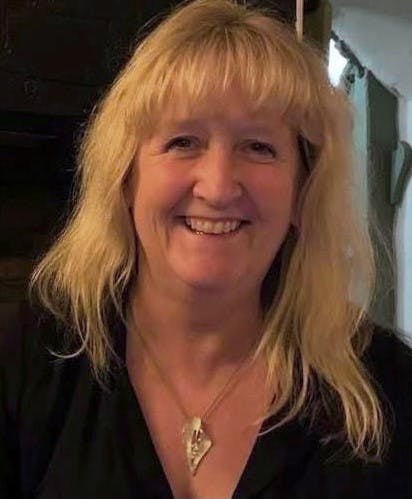Experiences of breast screening
Consultation has concluded
Our breast screening survey closed on 31 December 2024 and we had over 600 responses, which is excellent.
We are now looking at the results to work out our next steps to improve the number of people taking up their breast screening appointments. Register with Virtual Views to follow our work around improving the take up of breast screening in our area.
*************************************************************************************************************************************************************
Breast cancer is one of the most common types of cancer in the UK and the fourth most common cause of cancer death. The good news is that early detection can make a significant difference to treatment outcomes, which is why it’s crucial for everyone to check their breasts regularly and understand the key signs to watch for. However, breast screening data shows that just over half of all women eligible in mid and south Essex take up the offer of screening.
Currently, women are automatically invited for their first breast screening between the ages of 50 and 53. Thereafter they are invited every 3 years until the age of 71 years. After 71 years women can request breast screening but are not routinely invited.
Breast screening uses a breast x-ray, called a mammogram, to look for cancer that may be too small to see or feel.
The sooner breast cancer is diagnosed; the more effective treatment is likely to be. Screening can pick up breast cancer before there are any signs or symptoms.
We are trying to learn what stops people attending breast cancer screening. Your feedback will help us understand experiences with breast screening and identify barriers that may prevent women from attending appointments. This survey will take approximately 5 minutes to complete, and your responses are anonymous.
Sign up to our Women's Health and Wellbeing subscription topic
Stay informed and take control of your health by signing up to our Women's Health and Wellbeing subscription. Whether you're looking for advice on managing common health concerns, tips on self-care, or updates on women's health services in mid and south Essex, our regular emails provide expert insights tailored to you. From reproductive health to menopause, we'll keep you updated with the information that matters most. Sign up today to start receiving helpful resources and guidance directly to your inbox.



